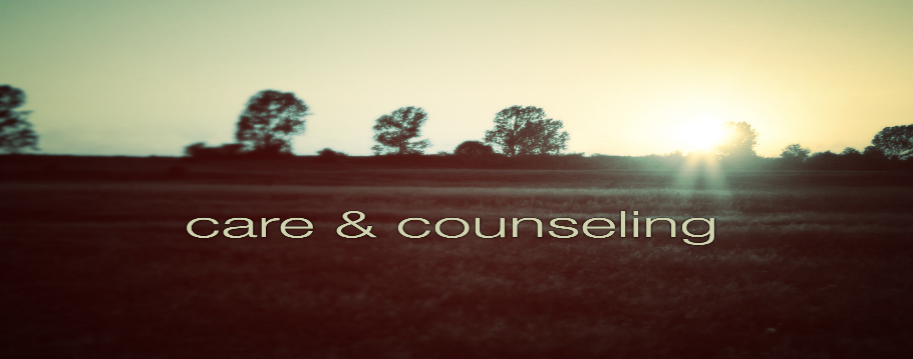Signs and symptoms of PTSD
 |
| Paramedics (Photo credit: Werner Vermaak) |
Signs and symptoms of post-traumatic stress disorder (PTSD)
The symptoms of post-traumatic stress disorder (PTSD) can
arise suddenly, gradually, or come and go over time. Sometimes symptoms appear
seemingly out of the blue. At other times, they are triggered by something that
reminds you of the original traumatic event, such as a noise, an image, certain
words, or a smell.
While everyone experiences PTSD differently, there are three
main types of symptoms:
Re-experiencing the traumatic event
Avoiding reminders of the trauma
Increased anxiety and emotional arousal
Symptoms of PTSD:
Re-experiencing the traumatic event
Intrusive, upsetting memories of the event
Flashbacks (acting or feeling like the event is happening
again)
Nightmares (either of the event or of other frightening
things)
Feelings of intense distress when reminded of the trauma
Intense physical reactions to reminders of the event (e.g.
pounding heart, rapid breathing, nausea, muscle tension, sweating)
Symptoms of PTSD: Avoidance and numbing
Avoiding activities, places, thoughts, or feelings that
remind you of the trauma
Inability to remember important aspects of the trauma
Loss of interest in activities and life in general
Feeling detached from others and emotionally numb
Sense of a limited future (you don’t expect to live a normal
life span, get married, have a career)
Symptoms of PTSD: Increased anxiety and emotional arousal
Difficulty falling or staying asleep
Irritability or outbursts of anger
Difficulty concentrating
Hypervigilance (on constant “red alert”)
Feeling jumpy and easily startled
Other common symptoms of post-traumatic stress disorder
(PTSD)
Anger and irritability
Guilt, shame, or self-blame
Feelings of mistrust and betrayal
Depression and hopelessness
Suicidal thoughts and feelings
Feeling alienated and alone
Physical aches and pains
Symptoms of PTSD in children and adolescents
In children—especially those who are very young—the symptoms
of PTSD can be different than the symptoms in adults. Symptoms in children
include:
Fear of being separated from parent
Losing previously-acquired skills (such as toilet training)
Sleep problems and nightmares without recognizable content
Somber, compulsive play in which themes or aspects of the
trauma are repeated
New phobias and anxieties that seem unrelated to the trauma
(such as a fear of monsters)
Acting out the trauma through play, stories, or drawings
Aches and pains with no apparent cause
Irritability and aggression
Post-traumatic stress disorder (PTSD) causes and risk
factors
While it’s impossible to predict who will develop PTSD in
response to trauma, there are certain risk factors that increase your
vulnerability.
Many risk factors revolve around the nature of the traumatic
event itself. Traumatic events are more likely to cause PTSD when they involve
a severe threat to your life or personal safety: the more extreme and prolonged
the threat, the greater the risk of developing PTSD in response. Intentional,
human-inflicted harm—such as rape, assault, and torture— also tends to be more
traumatic than “acts of God” or more impersonal accidents and disasters. The
extent to which the traumatic event was unexpected, uncontrollable, and
inescapable also plays a role.
Other risk factors for PTSD include:
Previous traumatic experiences, especially in early life
Family history of PTSD or depression
History of physical or sexual abuse
History of substance abuse
History of depression, anxiety, or another mental illness
High level of stress in everyday life
Lack of support after the trauma
Lack of coping skills
Getting help for post-traumatic stress disorder (PTSD)
If you suspect that you or a loved one has post-traumatic
stress disorder (PTSD), it’s important to seek help right away. The sooner PTSD
is confronted, the easier it is to overcome. If you’re reluctant to seek help,
keep in mind that PTSD is not a sign of weakness, and the only way to overcome
it is to confront what happened to you and learn to accept it as a part of your
past. This process is much easier with the guidance and support of an
experienced therapist or doctor.
It’s only natural to want to avoid painful memories and
feelings. But if you try to numb yourself and push your memories away,
post-traumatic stress disorder (PTSD) will only get worse. You can’t escape
your emotions completely—they emerge under stress or whenever you let down your
guard—and trying to do so is exhausting. The avoidance will ultimately harm
your relationships, your ability to function, and the quality of your life.












